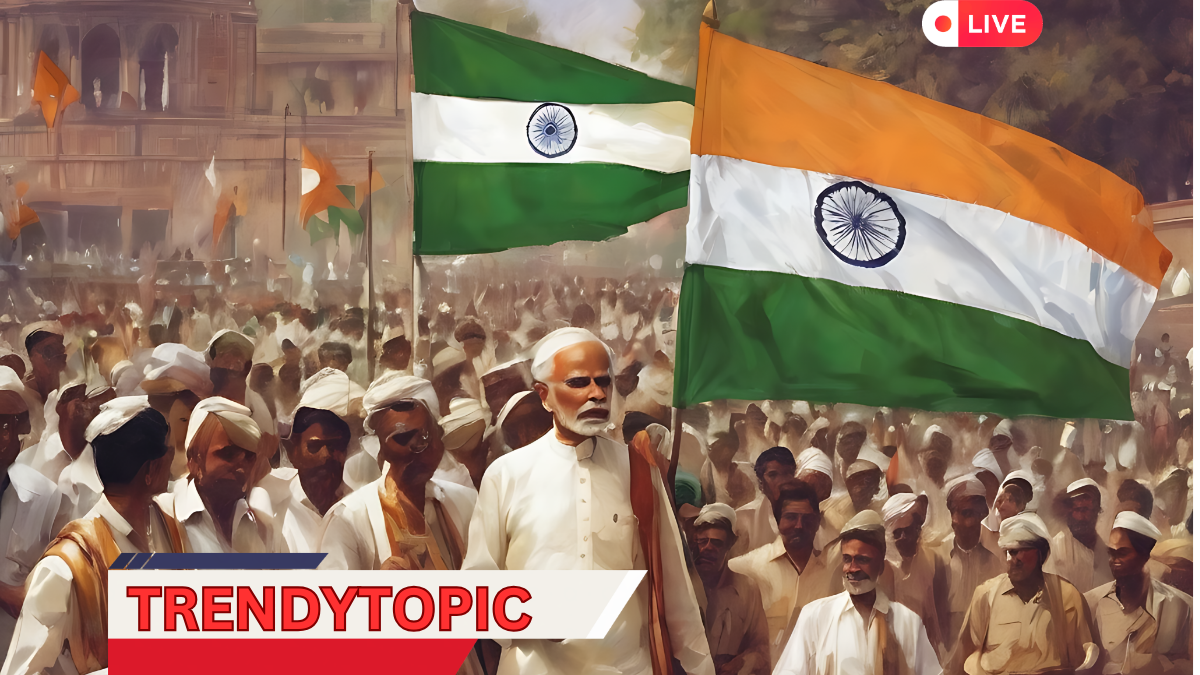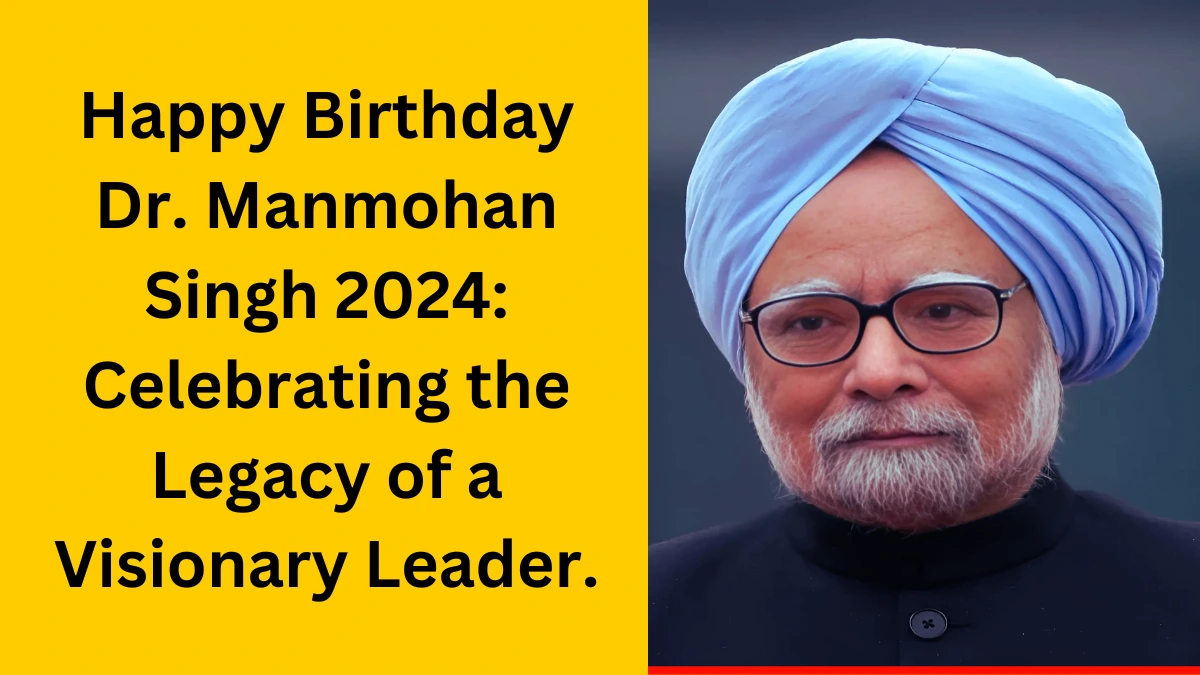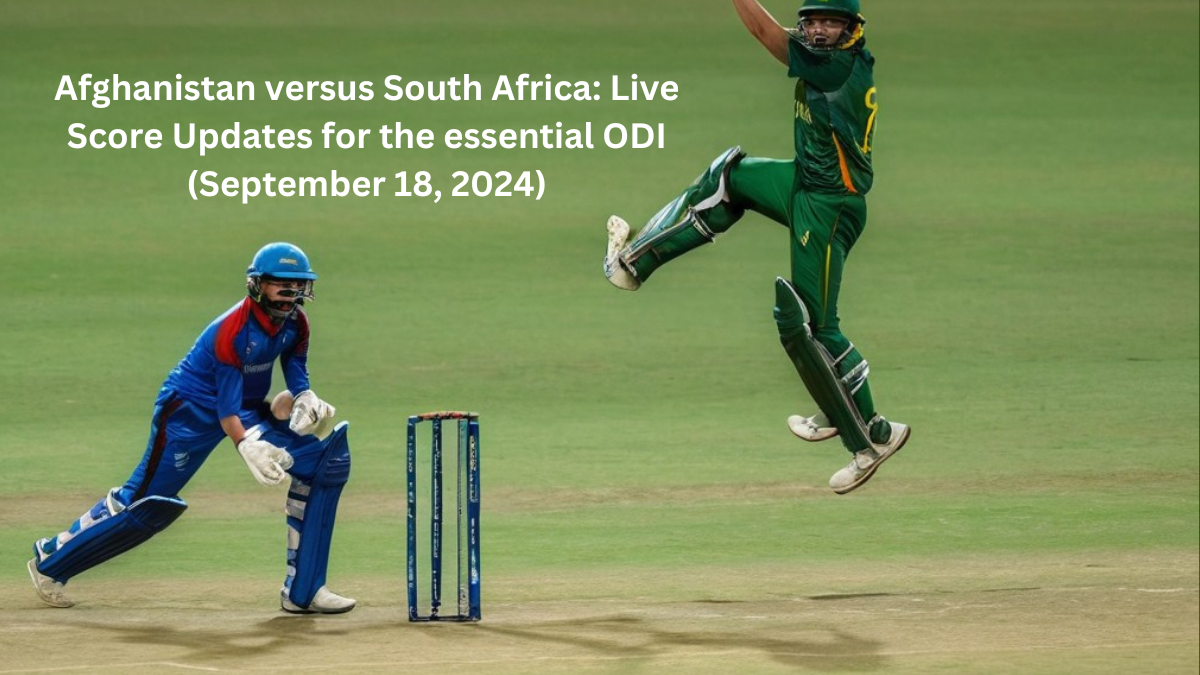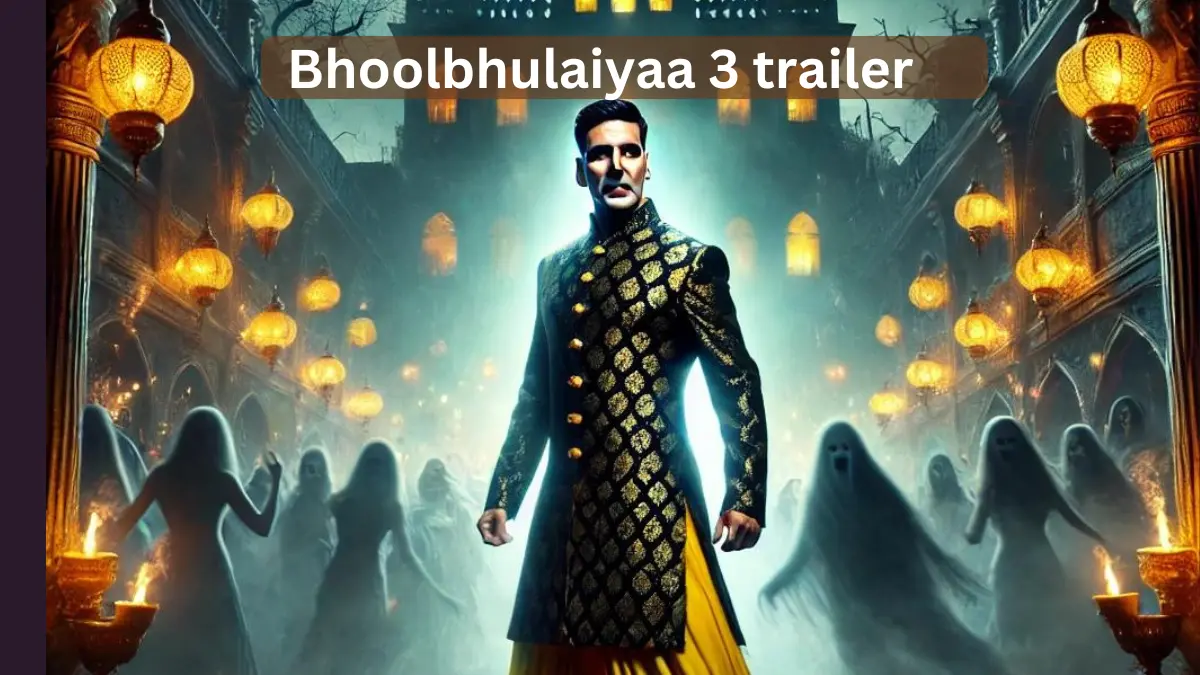1947 India Independence August 15, 1947, stands as a beacon of hope and freedom in the history of India—a day when the country emerged from the shadows of British colonial rule and stepped into the light of sovereignty. The journey to this historic moment was long and arduous, marked by struggles, sacrifices, and the unwavering spirit of countless freedom fighters. This article delves into the significance of India’s first Independence Day, the events leading up to it, and how it has been celebrated since then. The Struggle for Independence 1947 India Independence 1947 India Independence India’s struggle for independence was a multifaceted movement that spanned over a century, involving various socio-political strategies and leadership from diverse backgrounds. The revolt of 1857, also known as the First War of Independence, was a crucial moment, signifying the beginning of a unified resistance against British rule. Subsequently, the Indian National Congress, formed in 1885, became a pivotal platform for voicing nationalistic sentiments. The movement 1947 India Independence gained momentum under the leadership of Mahatma Gandhi, who introduced the principle of non-violent resistance, or Satyagraha. His methods, including the Non-Cooperation Movement, the Civil Disobedience Movement, and the Quit India Movement, mobilized millions of Indians across different strata of society. Alongside Gandhi, leaders like Jawaharlal Nehru, Subhas Chandra Bose, and Sardar Vallabhbhai Patel played instrumental roles in steering the nation towards independence. The Midnight of August 14-15, 1947 1947 India Independence The transfer of power was formalized in a ceremony on the midnight of August 14-15, 1947. Jawaharlal Nehru, who would become India’s first Prime Minister, delivered his iconic “Tryst with Destiny” speech, capturing the essence of India’s long-awaited freedom. He proclaimed, “At the stroke of the midnight hour, when the world sleeps, India will awake to life and freedom.” This momentous occasion was celebrated with joy and reverence across the country, as the Indian national flag was hoisted, symbolizing the birth of a new nation. Significance of August 15 August 15 is not just a date on the calendar; it is a reminder of the collective resilience and determination of a nation. It signifies the end of colonial exploitation and the beginning of self-governance. The day is also a tribute to the countless freedom fighters who laid down their lives for the cause of independence. It stands as a testament to the power of unity and the will of the people to overcome oppression. Celebrations Across the Nation 1947 India Independence Every year, Independence Day is celebrated with great fervor and patriotism across India. The main event takes place at the Red Fort in Delhi, where the Prime Minister hoists the national flag and addresses the nation. This is followed by a parade showcasing India’s cultural diversity and military prowess. Similar ceremonies are held in state capitals and various other cities and towns. Schools and colleges organize cultural programs, including patriotic songs, dances, and skits that highlight the freedom struggle. Kite flying is a popular tradition in many parts of India on Independence Day, symbolizing freedom and joy. People also pay homage to the freedom fighters by visiting memorials and participating in community service. Reflecting on the Journey 1947 India Independence As India celebrates its independence, it also reflects on the journey of nation-building that followed. The challenges of partition, the integration of princely states, and the framing of the Constitution were significant milestones in shaping modern India. The country has made remarkable progress in various fields, including science, technology, and education. However, it also faces ongoing challenges such as poverty, inequality, and social unrest. Independence Day is a time for introspection, a moment to assess the achievements and shortcomings of the past, and to chart a course for the future. It is a day to reaffirm the values of democracy, secularism, and unity in diversity, which are the cornerstones of the Indian Republic. Looking Ahead As India continues to evolve as a global power, the significance of August 15 remains undiminished. It serves as a reminder of the sacrifices made and the responsibilities that come with freedom. The day inspires the younger generation to carry forward the legacy of their forefathers and to contribute to the nation’s progress. conclusion, August 15, 1947, is more than just a date in history; it is a celebration of the indomitable spirit of the Indian people. It is a day to honor the past, celebrate the present, and look forward to a future filled with hope and promise. As the tricolor flutters in the wind, it embodies the dreams and aspirations of a billion people—a symbol of a nation that has risen from the ashes of colonialism to stand tall on the global stage.
Celebrating India’s Independence Day: A National Pride and Unity
In India, August 15th Independence Day is not just a date on the calendar. It signifies the country’s liberation from British rule in 1947, a day embedded with patriotism and national pride. As a national holiday, it features a spectrum of celebratory activities, including flag-hoisting ceremonies, parades, and various cultural events. Flag-Hoisting at the Red Fort (August 15th Independence Day) The Independence Day festivities kick off with the Prime Minister of India hoisting the national flag at the historic Red Fort in Delhi. This momentous occasion is followed by a speech addressing the nation, highlighting the achievements of the country and outlining future goals. Community and Cultural Celebrations (August 15th Independence Day) Across the country, citizens engage in community events that foster a sense of unity and patriotism. A unique and vibrant tradition on this day is kite flying, symbolizing the freedom and aspirations of the Indian people. Patriotic Programs in Schools and Colleges (August 15th Independence Day) Educational institutions are abuzz with special programs that pay homage to the sacrifices of freedom fighters. These events include patriotic songs, dances, and speeches, all aimed at instilling a sense of national pride in the younger generation. A Day of Reflection and Future Aspirations (August 15th Independence Day) Independence Day in India is a powerful reminder of the country’s journey to freedom and an opportunity to reflect on its rich history. It also serves as a beacon of hope and aspiration, guiding Indians towards a brighter future united in their diversity. Celebrating India’s Independence Day A Historic Moment: August 15, 1947 (August 15th Independence Day) India’s Independence Day on August 15th is a significant day that commemorates the nation’s liberation from British colonial rule. This day symbolizes not only the triumph of India’s struggle for freedom but also the resilience and unity of its people. On August 15, 1947, India embarked on a new journey of sovereignty and democracy, marking the end of nearly two centuries of British dominance. The Path to Freedom (August 15th Independence Day) The road to independence was paved with numerous movements, sacrifices, and relentless efforts by freedom fighters. Leaders like Mahatma Gandhi, Jawaharlal Nehru, Subhas Chandra Bose, and Sardar Vallabhbhai Patel spearheaded the movement against the British Raj. Gandhi’s philosophy of non-violence and civil disobedience galvanized the masses, creating a unified front against oppression. Key Movements and Acts (August 15th) Several key movements and acts played a pivotal role in India’s fight for independence. The Non-Cooperation Movement of 1920, the Salt March in 1930, and the Quit India Movement of 1942 were instrumental in rallying the masses. These movements not only weakened the British grip on India but also fostered a strong sense of nationalism among Indians. Celebrations Across the Nation (August 15th Independence Day) Independence Day is celebrated with great fervor and enthusiasm across India. The day begins with the hoisting of the national flag at the Red Fort in New Delhi by the Prime Minister, followed by a speech addressing the nation. This is a tradition that symbolizes the essence of India’s independence and its progress over the years. Cultural Programs and Parades Across various states, the day is marked by cultural programs, parades, and flag-hoisting ceremonies. Schools and colleges organize events that include patriotic songs, dances, and skits depicting India’s struggle for freedom. The air is filled with patriotism as the national anthem, “Jana Gana Mana,” resonates throughout the country. Patriotic Films and Documentaries Television channels and streaming platforms air patriotic films and documentaries that narrate the tales of India’s freedom struggle. These films serve as a reminder of the sacrifices made by the freedom fighters and inspire the younger generation to cherish their hard-won freedom. Independence Day and Modern India (August 15th Independence Day) Independence Day is not just about remembering the past; it’s also about reflecting on the present and envisioning the future. It’s a day to assess the country’s progress in various sectors such as education, technology, health, and economy. As India continues to grow and evolve, Independence Day serves as a reminder of the responsibility each citizen holds towards the nation. Empowering the Youth The youth of India plays a crucial role in shaping the future of the country. Independence Day programs often include speeches by prominent leaders and influencers, encouraging young minds to contribute positively to society. The day serves as a platform to discuss issues such as environmental conservation, digitalization, and social justice. Technological Advancements and Innovations India has made significant strides in technology and innovation. From launching satellites to developing indigenous technologies, the country has showcased its potential on the global stage. Independence Day is a day to celebrate these achievements and to motivate the younger generation to continue pushing the boundaries of innovation. Conclusion: A Day of Unity and Pride India’s Independence Day is more than a public holiday; it is a day of unity and pride. It’s a day when Indians from all walks of life come together to celebrate their shared heritage and aspirations. As we hoist the tricolor and sing the national anthem, we are reminded of the values of liberty, equality, and fraternity that our nation stands for.





